What I Learned From Buying A Property In France: The Reality (And Risks) To Know
October 23, 2024

I wrote this before I got my keys to my soon-to-be cool studio apartment in France, but I really have to say, I am incredibly lucky that the process has been relatively smooth sailing without much unexpected nasty surprises and struggles thus far.
It definitely helps to have visited Europe multiple times before and also the fact that I live in a European country now for work, the understanding of their many cultures and laws helped me deal with everything.
Many are envious of my position right now, which I get quite uncomfortable with because whatever I write is solely what I’m willing to share. So in a way or two, I’m sharing mostly positive stories or a filtered reality of what it’s like to have a home overseas. While I try to be as transparent as possible, I also like to remind every reader to basically not trust me, because I am also just another blind goat in the middle of the whole process.
If you’re thinking of buying something for real, and are up-to-date reading my previous articles, I would tell you yet again that this is a risky endeavour and a very difficult process. So buyer beware, buyer beware!
1. The risk of getting scammed
I’m not going to harp on this because I don’t have real stories of getting scammed buying a property (though I have some for renting property). While uncommon, getting scammed when looking to buy an apartment is definitely something that can occur.
Basically, if you’re an overseas buyer who has never lived in France, you become a really easy target. Since buying a property in France involves many middlemen, failure to engage the right people could put you at risk of losing quite a chunk.
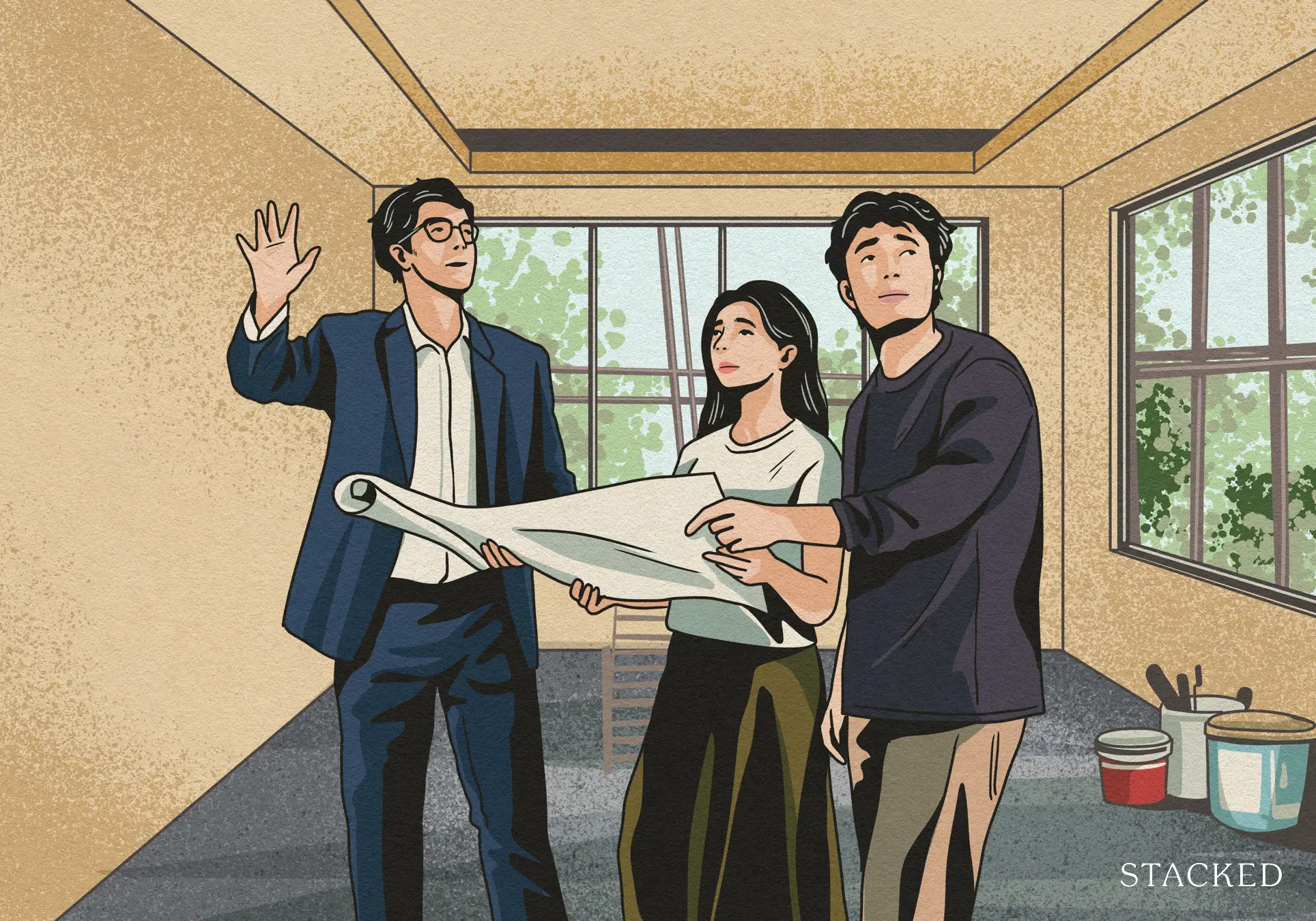
Common sense things like not paying to view the property aside (No matter how exclusive, because c’mon, you’re buying a home, not going into a club), there are other ways sellers can get the upper hand if you fail to do your due diligence.
While it does occur less now since France is quite strict on their procedures, sellers can still do underhanded things to make sure you get a losing hand.
Checking the actual square metre of the space is one common pitfall because you’re paying for the price per square metre. Quite often, especially for larger properties, sellers do like to add a few extra metres into the count. Is it illegal? Yes. So if you check, you can file a claim to get a portion of your money back.
The list goes on, but this isn’t a “What to look out for” article, so I’ll leave it up to our readers to do their own research.
Look, at the end of the day, if you cannot be physically here for at least a year to finish apartment searching and finish the purchase process, don’t bother even thinking of buying anything in France. It is just not wise, plus Singaporeans are pretty easy to scam.
2. Land of fixer-uppers*
*Special thank you to Ian for correcting my misuse of the phrase a few articles back. Fixer-upper, upper-fixers, fixup-upper.
To be very real, most of the properties in France are in ruins or very old. It’s important to note that Europe was part of both World Wars less than a hundred years ago, and they couldn’t urbanise as quickly as Asia due to their century-old infrastructures and intricate architectural histories.
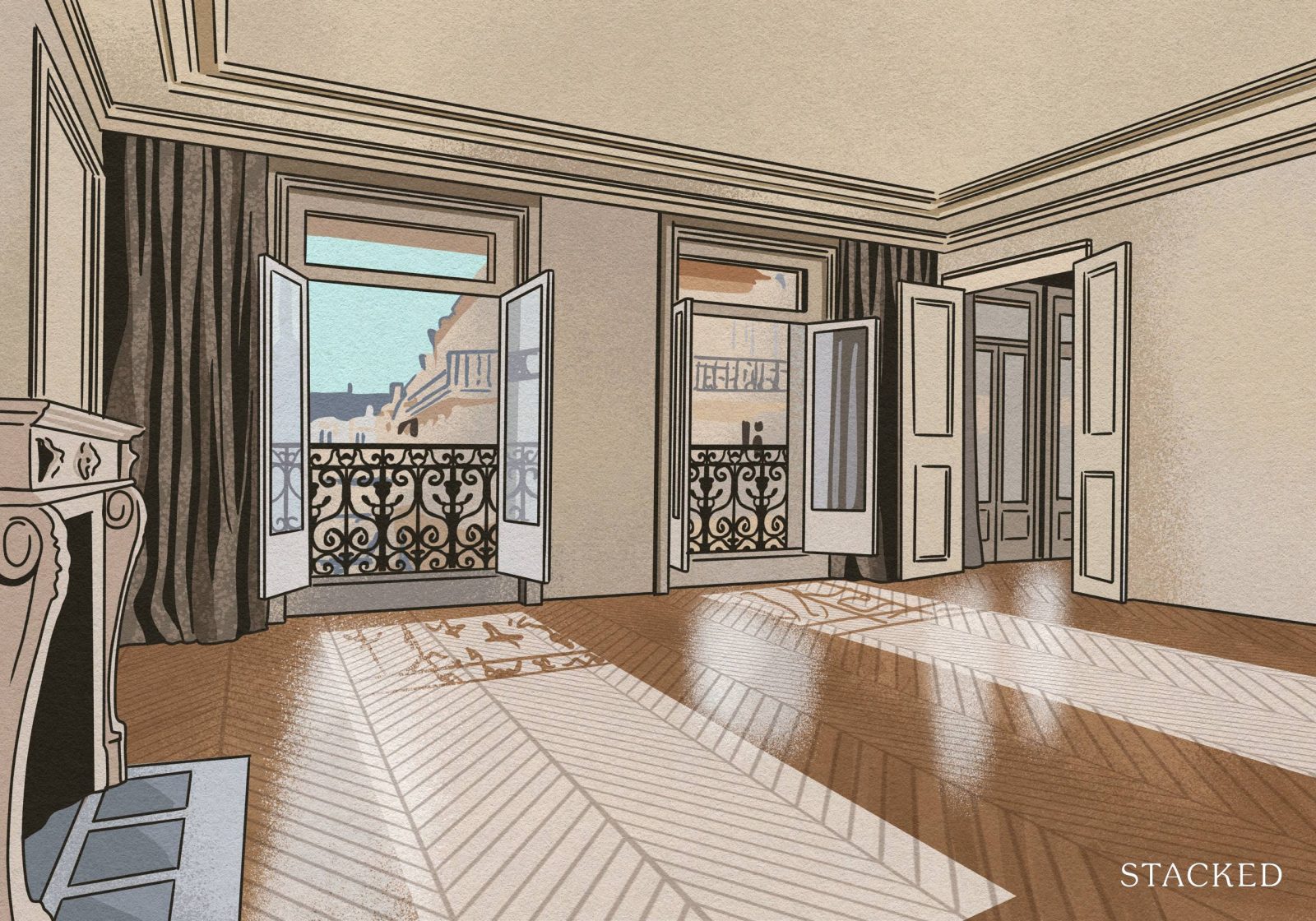
What common folk can afford is usually a fixer-upper, so what that means is that you need to put in a lot of work to get the property up to modern standards. For investors looking to make a quick buck, that’s not happening. You can make money still, but it’s not going to be fast money.
For eager homeowners, you’ll have to invest time and money to get the property up to standard. Think of it like buying an old resale HDB flat that you have to renovate. Except that’s your fate here with most apartments in which you cannot escape.
In my opinion, that’s what makes properties in France mesmerising, the potential they all have to become something amazing. But fixer-uppers are not everybody’s cup of tea, so if you’re not one who likes creative exploits, France, and perhaps most of Europe, wouldn’t be for you.
3. The exit strategy of property in France is usually inheritance or selling only when your retirement comes
While there is still a healthy amount of buyers and sellers in the property market in France, it is also important to note that only about half of the population is able to afford to buy and own something. Most of the time, it is quite difficult to sell something unless it’s a desirable property below market price.
Especially for big homes that are now valued in the millions, the property is doomed to be affordable only to the top 1% of the population, and even then, it might not catch the eyes of the wealthy. Your only other option, really, is to purchase to pass it on to descendants or wait out long enough to benefit from the capital gains tax deductions to be able to sell the property without having to pay taxes.
What this means is that when you’re considering buying a property, you need to think in terms of ‘forever’. Properties in France are freehold, so it becomes your long-term problem or your descendent’s problem, so you better choose well for both your sakes.
4. Basic renovation is going to cost you
Because Europe has a minimum wage, and France’s minimum wage is quite high, your renovation journey is going to be an expensive one where you’ll have to prioritise what’s important. On the bright side, most artisans and professionals need to be registered and trained according to regulations, so theoretically, the work done on your home is one that meets safety standards and would be satisfactory overall.
But the downside of this is that I literally could not afford the renovation cost after I bought my apartment. Many of my European friends take on a loan for the renovations, but I don’t enjoy paying additional compound interest, so I just let it sit in its little unlivable rustic charm while I save up for it.
The copium here is that by visiting the property more often and letting the designs sit in your brain for a while, you’ll be smarter about the space planning instead of jumping in right away for conventional solutions. Most of the time, for most good design outcomes, patience is the best ingredient.
It’s also important to note that since renovations are expensive (averaging almost 10k/sqm), most of the finishes in Europe are quite basic and barebone due to this. Very rarely do you see stone finishes, fancy textures, or custom carpentry unless the owner is rich or handy. This is also the reason why European homes focus a lot on furnishings instead of interiors. It’s quite interesting to see the difference in design dynamics between the two regions due to labour costs.
5. You need to think about cold Winters and hot Summers
Four seasons exist here, and depending on where you are in France, you need to weatherproof your property pretty well. Up north, winters can get pretty harsh, down south, summer temperatures can get pretty extreme. So where you can afford to, you cannot skimp on insulation or proper ventilation.
More from Stacked
Does Facing The Highway Really Affect Your Property Value In Singapore?
As most homeowners are quick to point out, highway-facing units are harder to sell or rent out, and should generally…
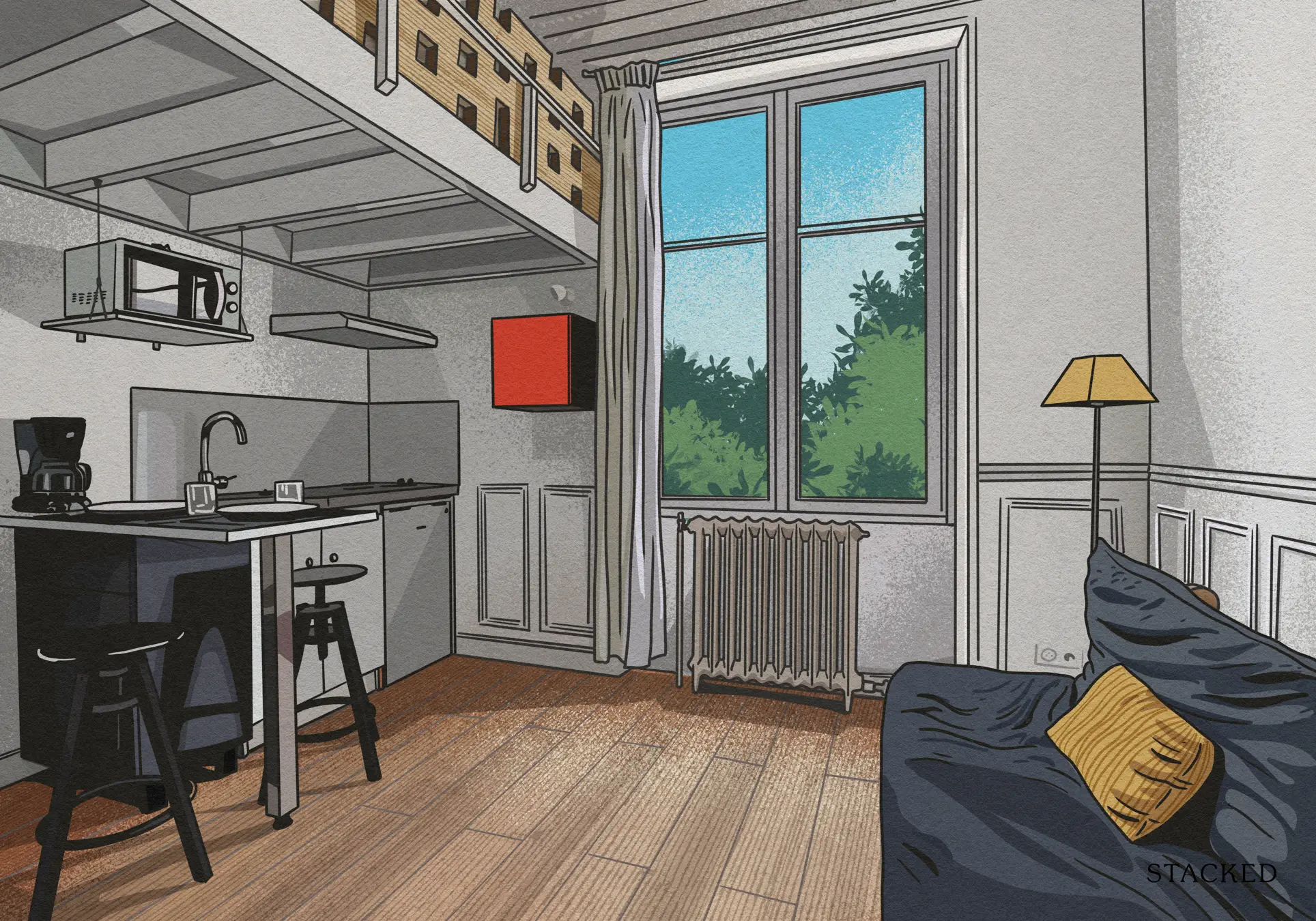
I learned a lot about how hot summers can get, but also how it’s not cost-effective to get air conditioning in the apartment unit for a phenomenon that happens for 2 weeks the entire year. The only cost-effective way to escape getting baked alive in your European home is generally to go on vacation somewhere cooler, like the beach, during the hottest weeks of the season, or get a fan or portable aircon.
As for heating in the winter, you’ll be surprised how many types of heating can exist, and each comes with a balanced list of pros and cons. Modern solutions such as floor heating sound great on paper, but in reality, are only practical for some rooms and layouts.
Don’t be surprised if you end up having to pick different heating solutions for different rooms, and listen to your builder for recommendations.
6. Maintenance fees for apartments
Both condo and HDB owners are familiar with paying some form of maintenance fees as the common areas have to be maintained.
So to no one’s surprise, we also have this in France. Cleaning for common areas has to be done, and upkeep of the property (such as new paint for the building) needs to be done after a few years, and it all comes at a price. Depending on where you live, your maintenance fee can be as low as 200 euros a quarter to almost 2,000 euros.
The most common sum I see ranges from 800 euros to 1,200 euros currently, so that’s effectively 260 euros to 400 euros you have to pay every month.
Usually, the main factor for the difference is if your building has an elevator or if it’s a high-rise because understandably the maintenance work required for the property would be higher. Basically, the more common areas you have, and the more modern amenities you have, the higher the cost.
You will be informed of this before you make a purchase, but this is important to note because as inflation happens, this cost will only keep rising. If you don’t think you can afford the inflation of the maintenance fees down the line, it’s best to skip the property.
7. It’s a pain in the butt to rent your property out in France
When signing my legal documents to purchase a property, I realised that legal French is extremely complex and has a bunch of kinda strict rules about my responsibility as the owner. My boyfriend has lived in France for more than a decade, so upon reviewing his old tenancy agreements, we realised that tenants are not subjected to similar responsibilities but have almost the same living rights as the owner once they register the property as their main address.
France is known for their strong tenant laws, and the basic, oversimplified summary is that it’s going to be hard to kick a tenant out even if they behave badly. In winter seasons, evicting a tenant is not allowed.
My poor seller’s final tenant was the perfect example of a nightmare scenario. He intentionally did not pay rent for a good few months during the winter (knowing she couldn’t do anything about it), stole the property’s oven for some reason, and left a suspicious microwave in its stead. Thankfully for the retired old lady, he packed up and left on his own accord when Spring came.
Evicting a tenant is a very lengthy process where you need to write a legal notice with valid reason and have it signed by a bailiff. I won’t even get into how long that takes. Even after sign-off, a 6-month notice is still given to the tenant, so the tenant essentially won’t pay what they owe you, plus another 6 months. You’re lucky to be able to get them out.
This is why you hear many stories of empty Parisian apartments, where landlords rather not rent their property out to save themselves from the trouble of dealing with bad tenants. It is also another reason why most rental contracts have limited terms, where a tenant will have to request for renewal each time.
As a foreign investor, you’ll likely use a rental agency to handle all the paperwork and tenants for you, but as with any other 3rd party service provider, the results of their services are inconsistent since they go by quantity and not quality, so they’ll be slower to deal with the problems when they arise.
This is the reason why I decided to not rent out my property while saving for renovations (but mostly because the electrical setup of the apartment is deemed not up to standard, so if a tenant dies in my home because of this, I am responsible).
8. Property in France is for utility, rarely for investment
Something I respect about Europe is their social construct of not showing off too much and comparing who has it better. This way of life steeps into their property dynamics, where it’s about buying what one can afford for utility purposes instead of buying to profit.
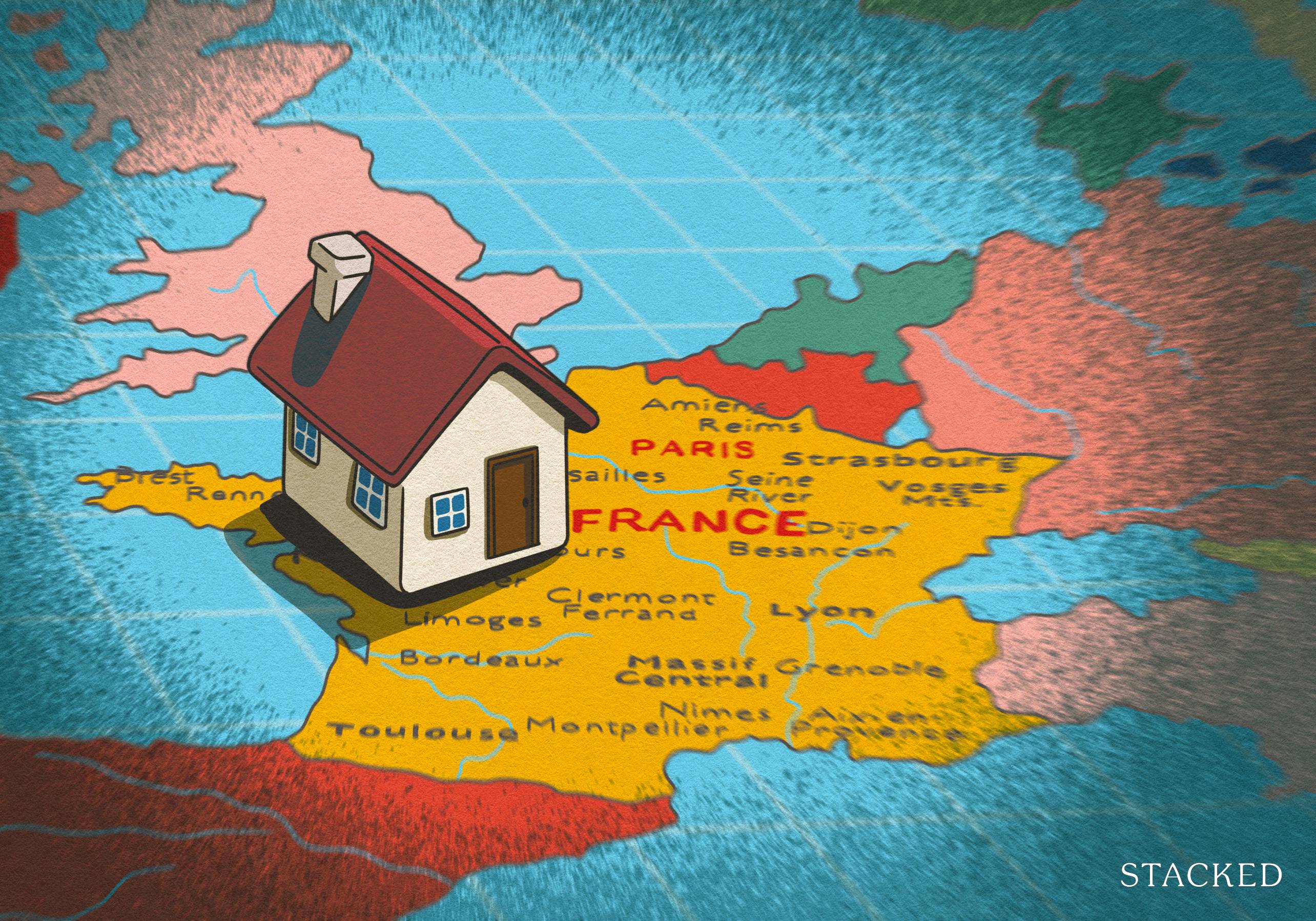
Utility can mean many things, most of the time it means own stay, but own use is also a term that is observed (It signifies the ability to use your property for your own business). Especially for entrepreneurs, the trend I see is that these profiles usually buy entire buildings, use the space they need, and lease the space they don’t.
It’s a whole ecosystem where you, the property owner, are responsible for contributing and maintaining the community of your property. When you’re purchasing a property in France, you’re not just buying a home, you’re buying into a way of living.
It’s a very poetic way to go about real estate, and I personally really like it.
For my apartment co-ownership, most of the property owners currently prioritise sustainable costs. So it is rather admirable that they intentionally keep maintenance fees low so they maintain low rents for their tenants and a low cost of living for the other co-owners (elderly folks).
I am interested to see how the dynamic is enhanced when I, a designer passionate about the topic, come into the mix.
—
I am not an investor type of writer, which makes me a bit of an outlier when it comes to most property investment blogs out there. Personally, I think it’s shitty to use a human right as a commodity to profit, but I don’t want to get into the politics of what’s right and wrong.
The reality of property in France is that the entire legal system and structure were built to prevent unmonitored profits to keep inflation in place. When you deep dive and actually buy something here, you’ll start to unearth the specifics, but generally many rules are set up precisely to keep the rich and privileged in check and to keep the entire labour force system stable.
The property environment here is very controlled, so if you’re not into that, property in France might not be for you. Good luck!
At Stacked, we like to look beyond the headlines and surface-level numbers, and focus on how things play out in the real world.
If you’d like to discuss how this applies to your own circumstances, you can reach out for a one-to-one consultation here.
And if you simply have a question or want to share a thought, feel free to write to us at stories@stackedhomes.com — we read every message.
Frequently asked questions
What are the main risks of buying property in France for foreigners?
Are most properties in France move-in ready or do they require renovation?
Is it easy to sell property in France, especially for high-value homes?
How costly is renovating a property in France?
What should I consider about the climate when owning property in France?
What are the challenges of renting out property in France?
Melody Koh
Melody is a designer who currently works in Tech and writes for fun. Her latest obsession is analysing and writing about real estate affordability for the younger generation. Coming from an Industrial Design background, she has a strong passion for spatial design and furnishing . Having worked in Finance for almost a decade, Melody has a keen interest in sustainable investments and a nose to sniff out numbers that don't make sense.Need help with a property decision?
Speak to our team →Read next from Overseas Property Investing
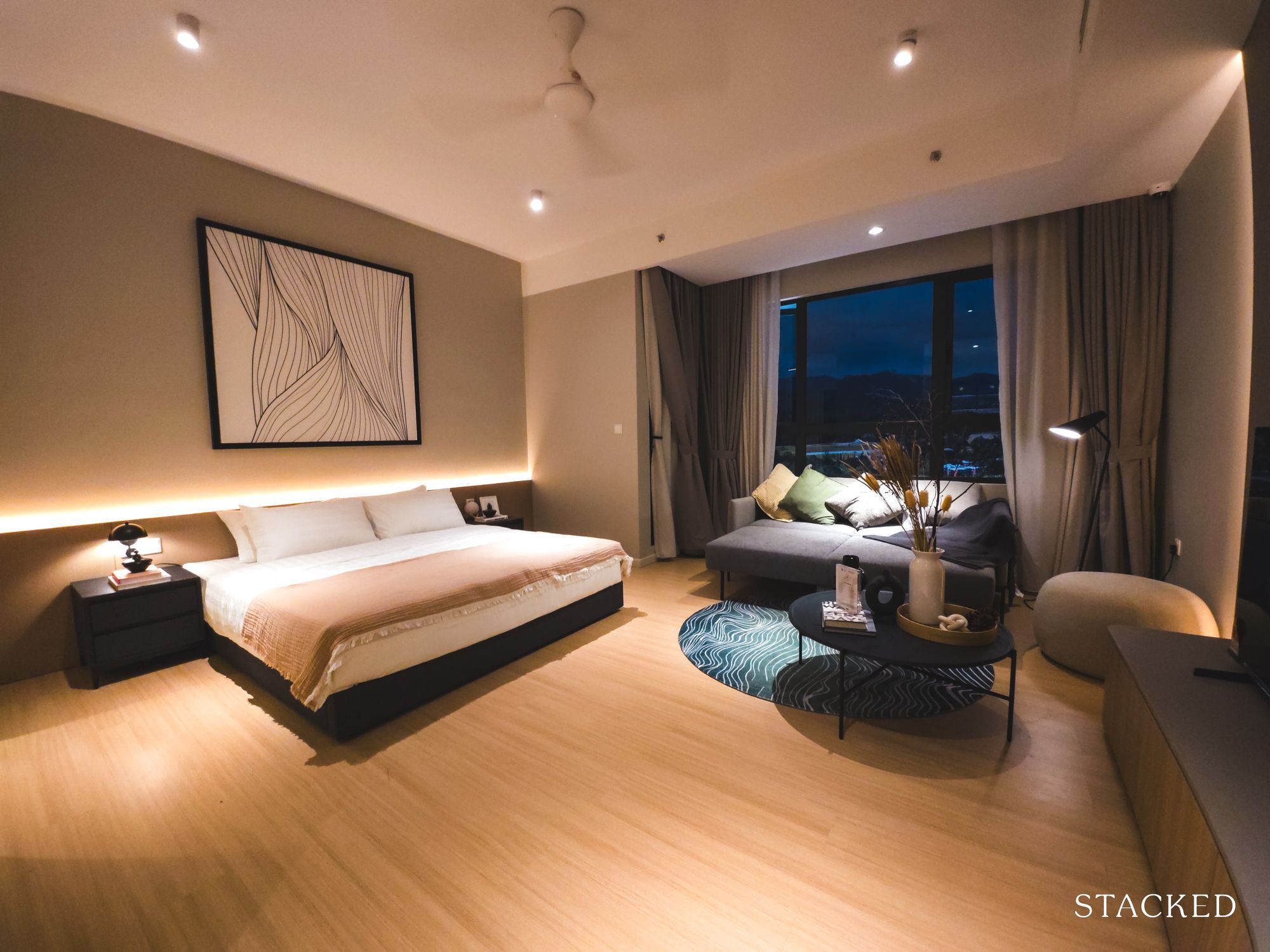
Overseas Property Investing What Under $200K Buys In Malaysia Today — From Freehold Apartments to Beachfront Suites
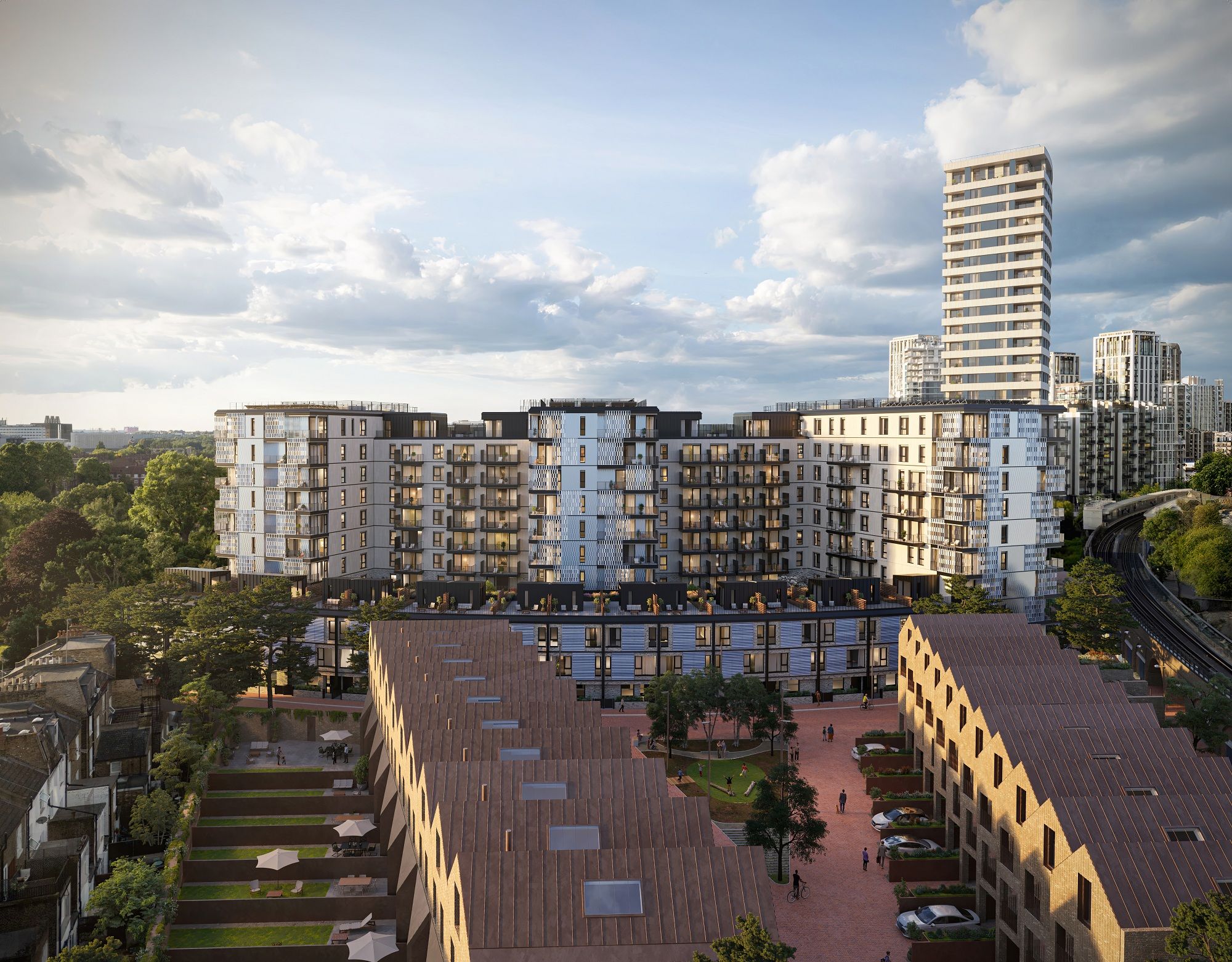
Overseas Property Investing A London Landmark Is Turning Into 975-Year Lease Homes — And The Entry Price May Surprise Singapore Buyers

Overseas Property Investing This Overlooked Property Market Could Deliver 12–20% Growth — But There’s a Catch
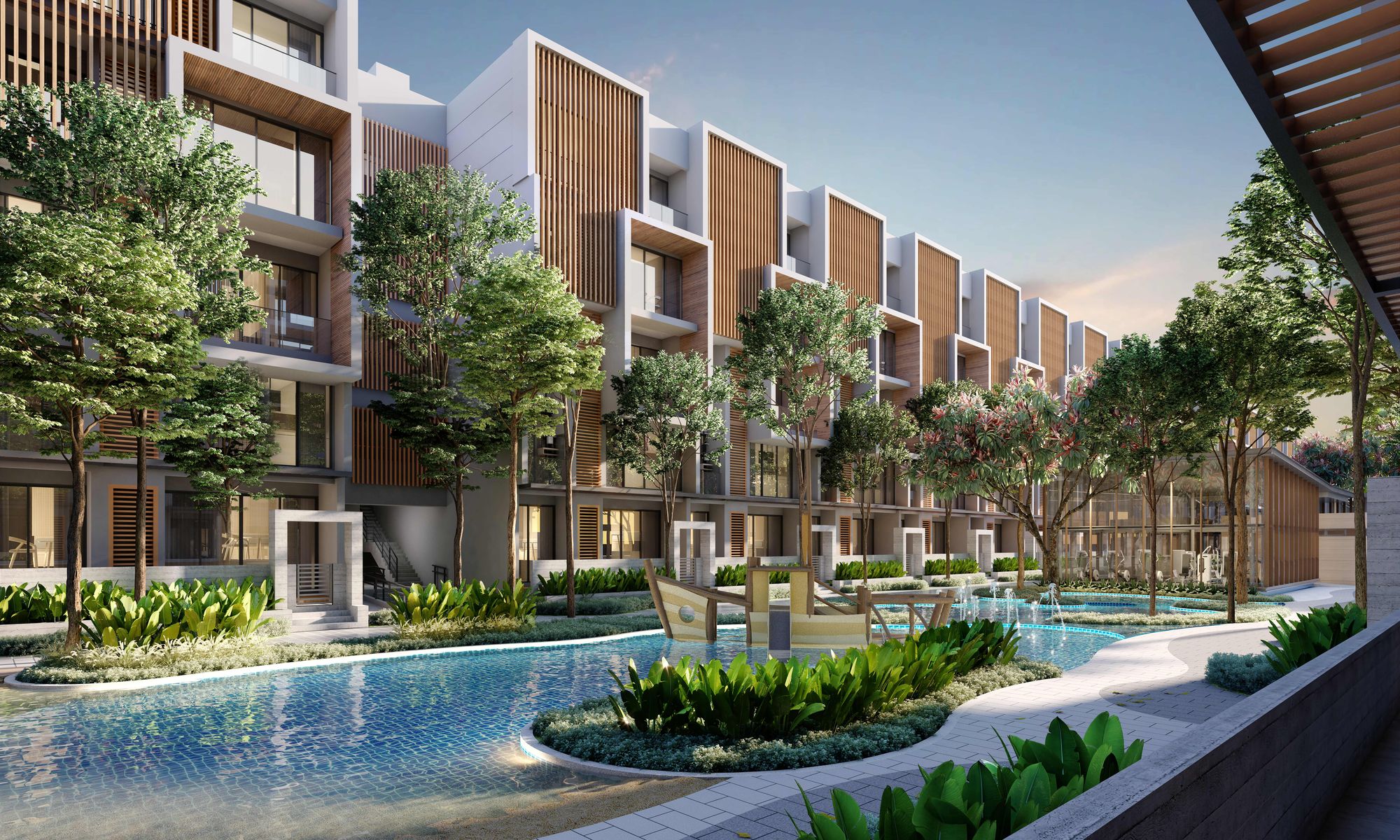
Overseas Property Investing What $940,000 Buys You in Penang Today — Inside a New Freehold Landed Estate
Latest Posts

Property Market Commentary Why Some Old HDB Flats Hold Value Longer Than Others
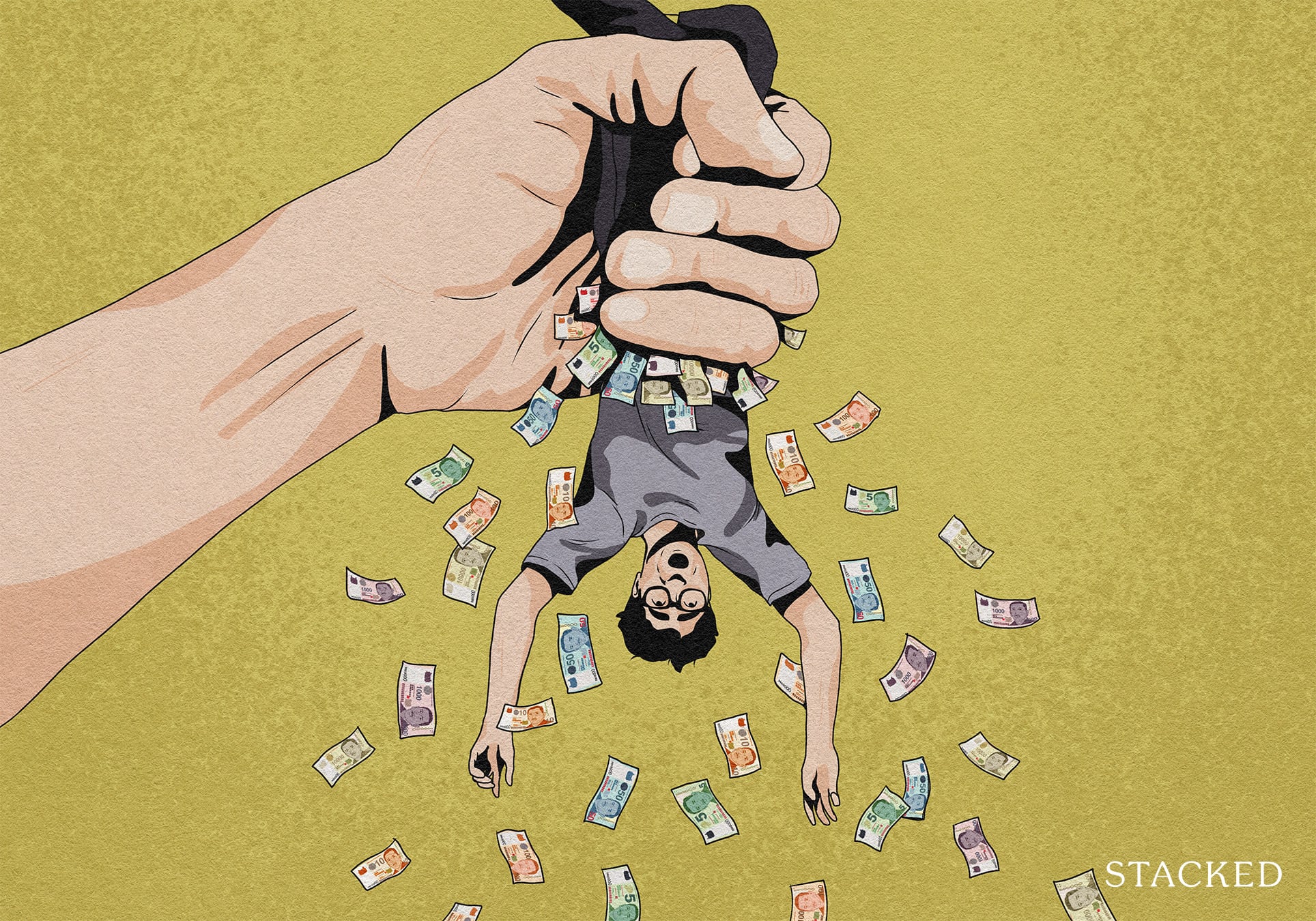
Singapore Property News When A “Common” Property Strategy Becomes A $180K Problem

On The Market Here Are The Biggest HDB Flats You Can Still Buy Above 1,700 Sq Ft In 2026




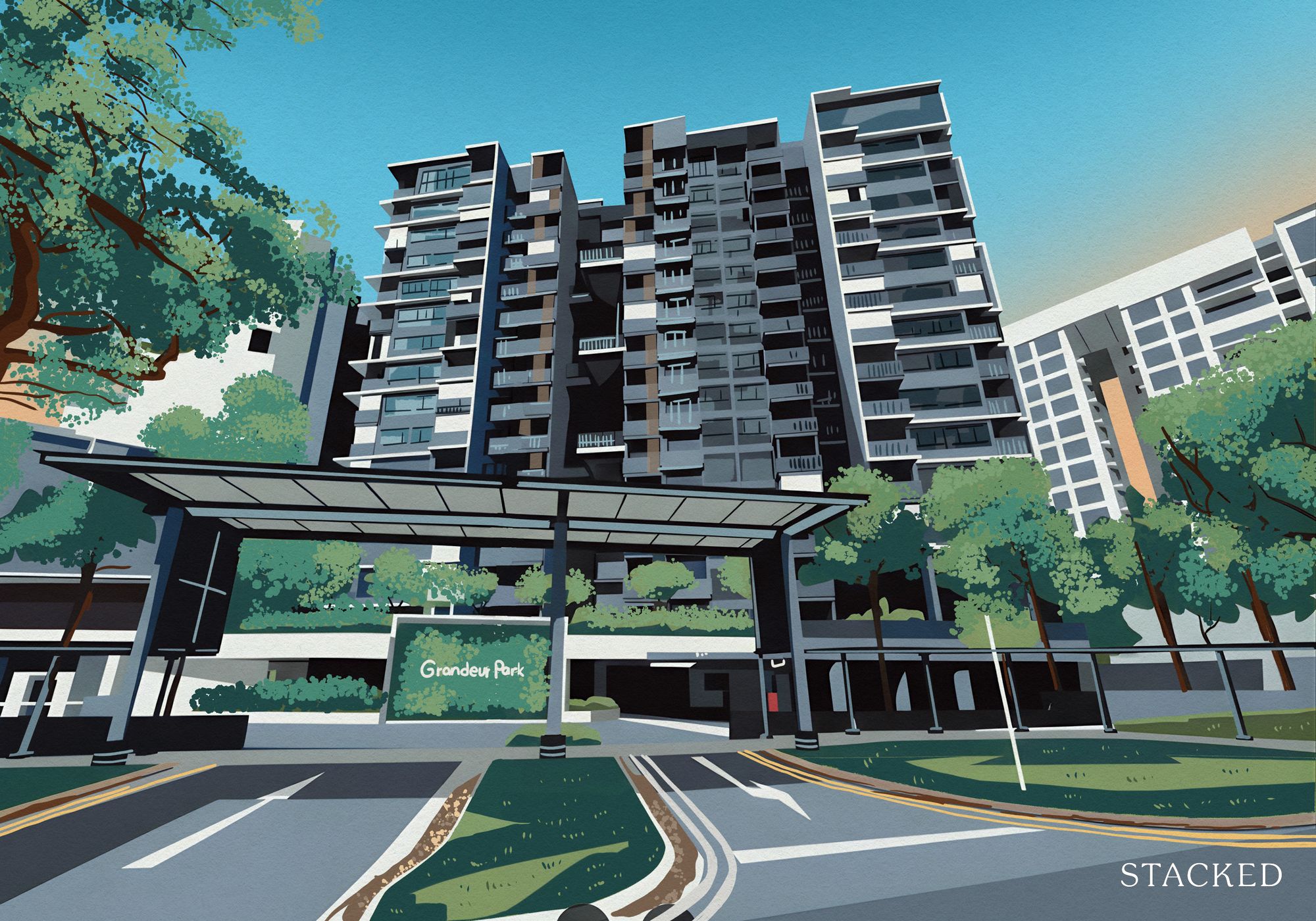
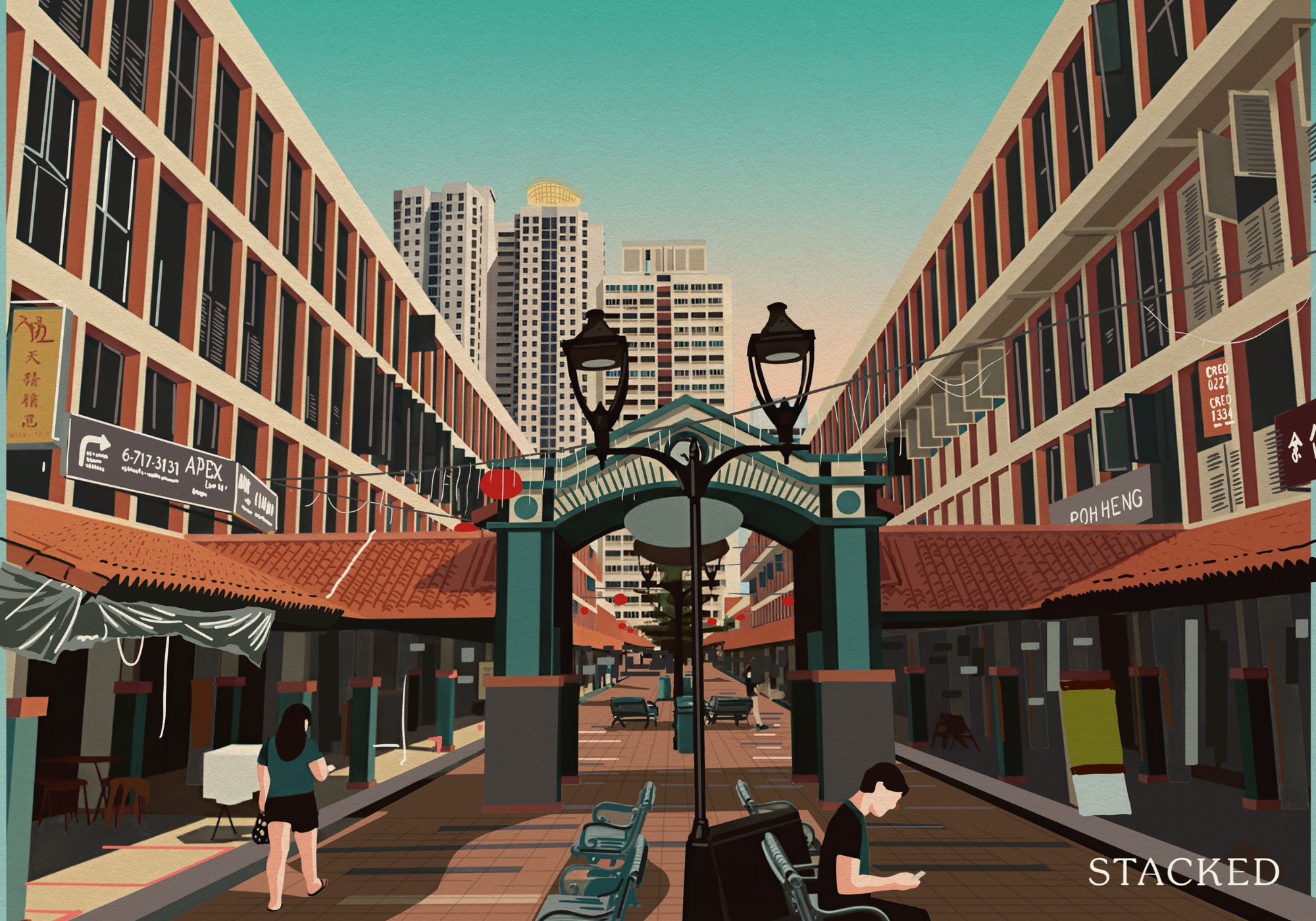



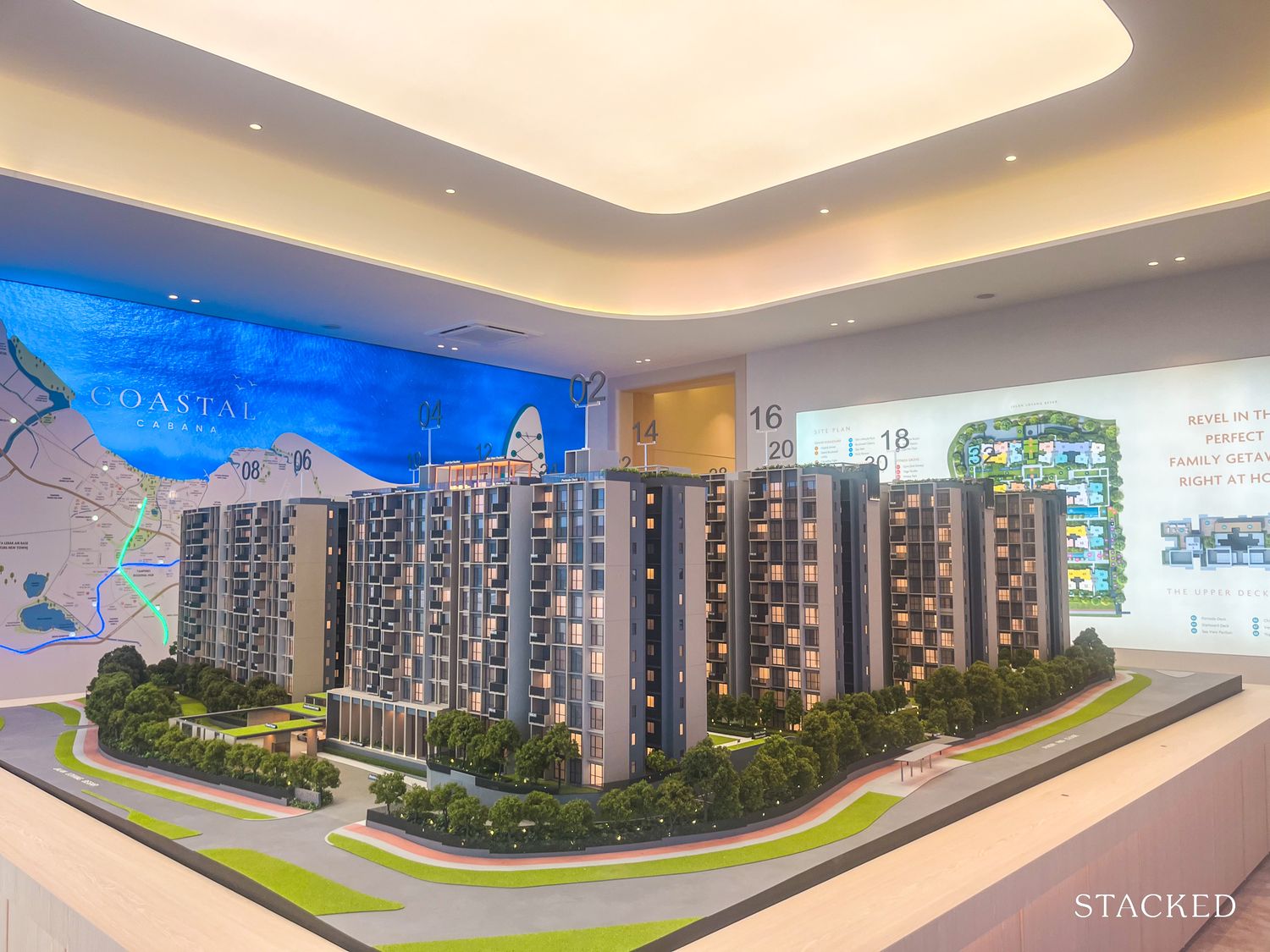
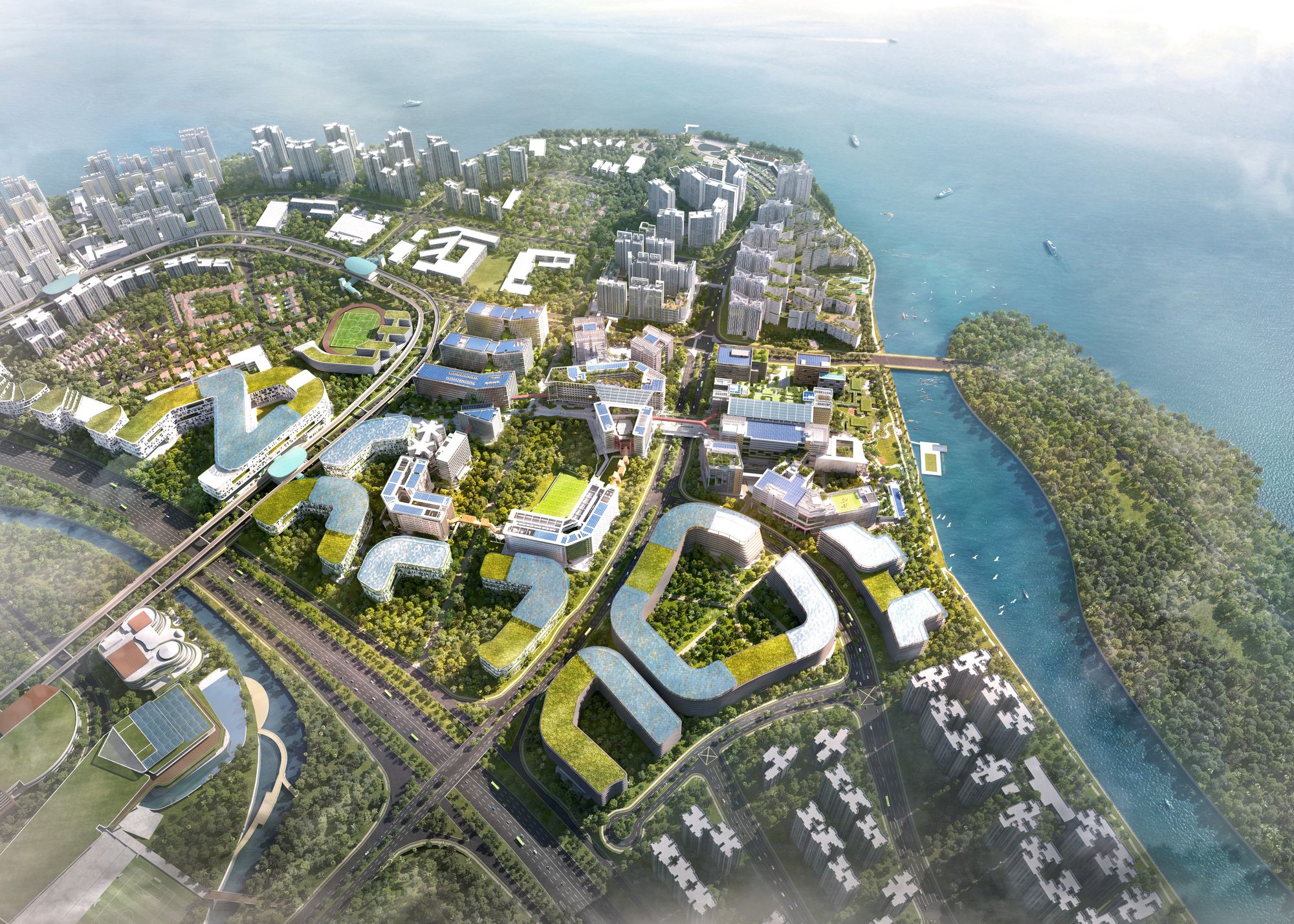




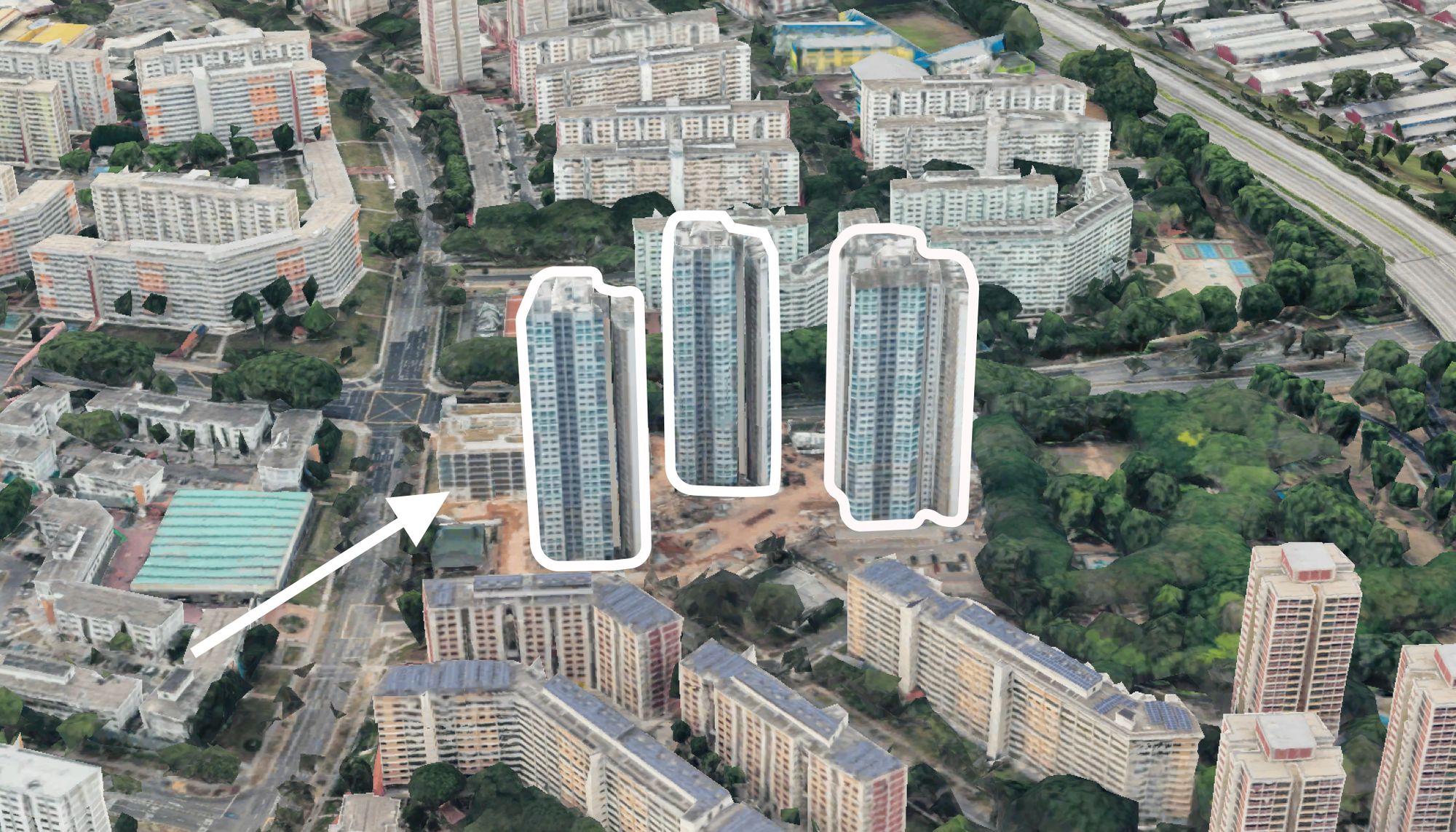
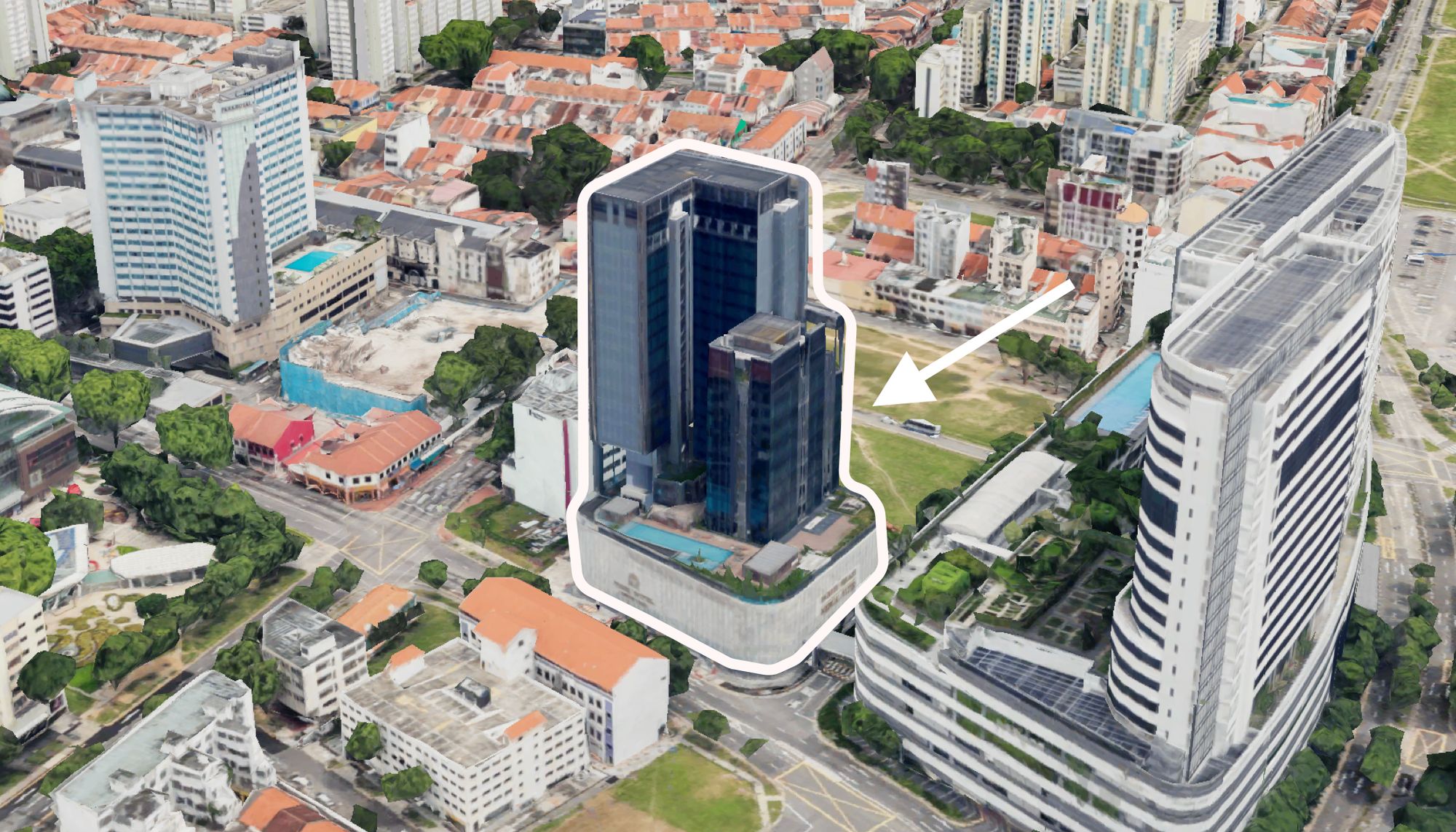
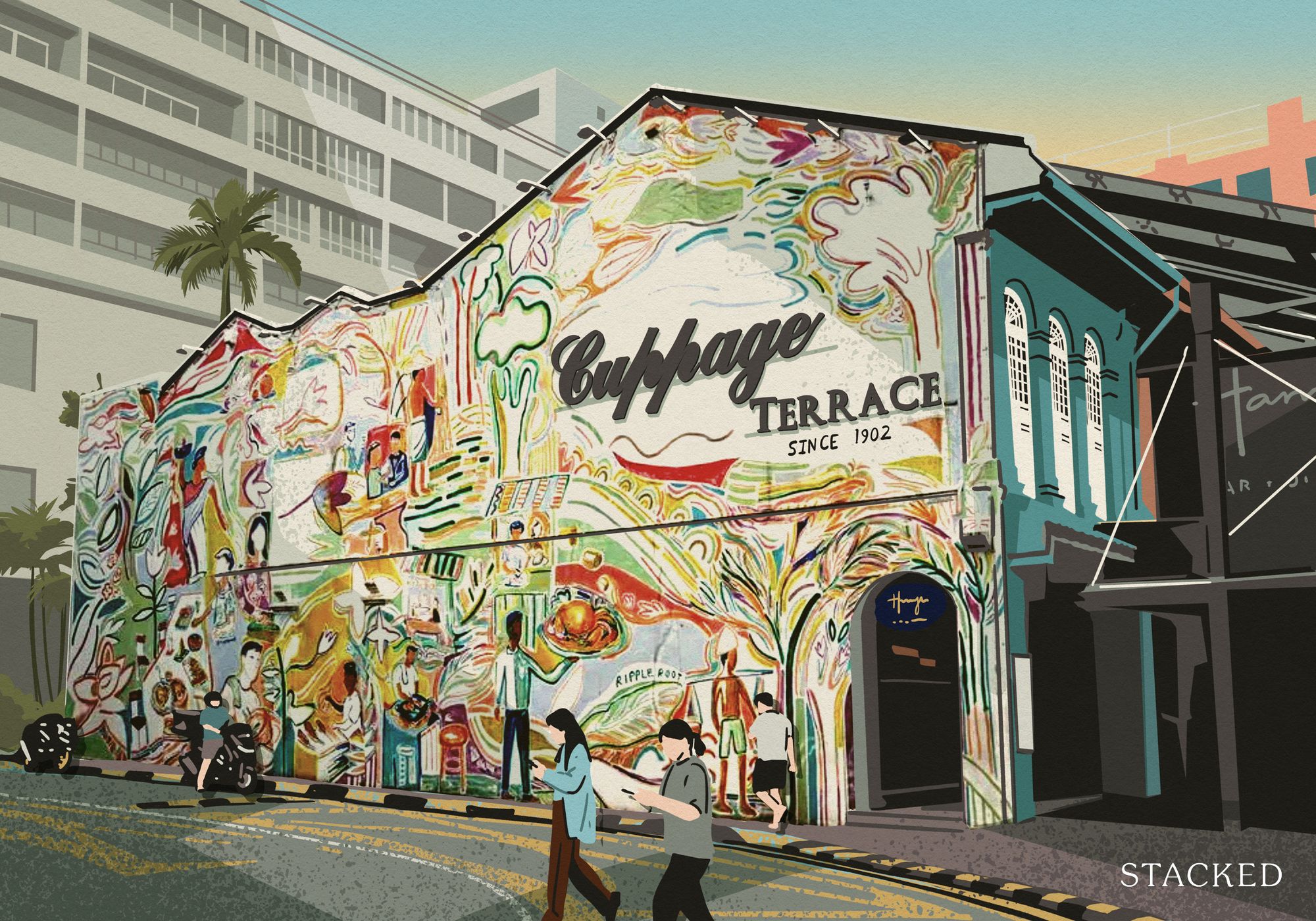
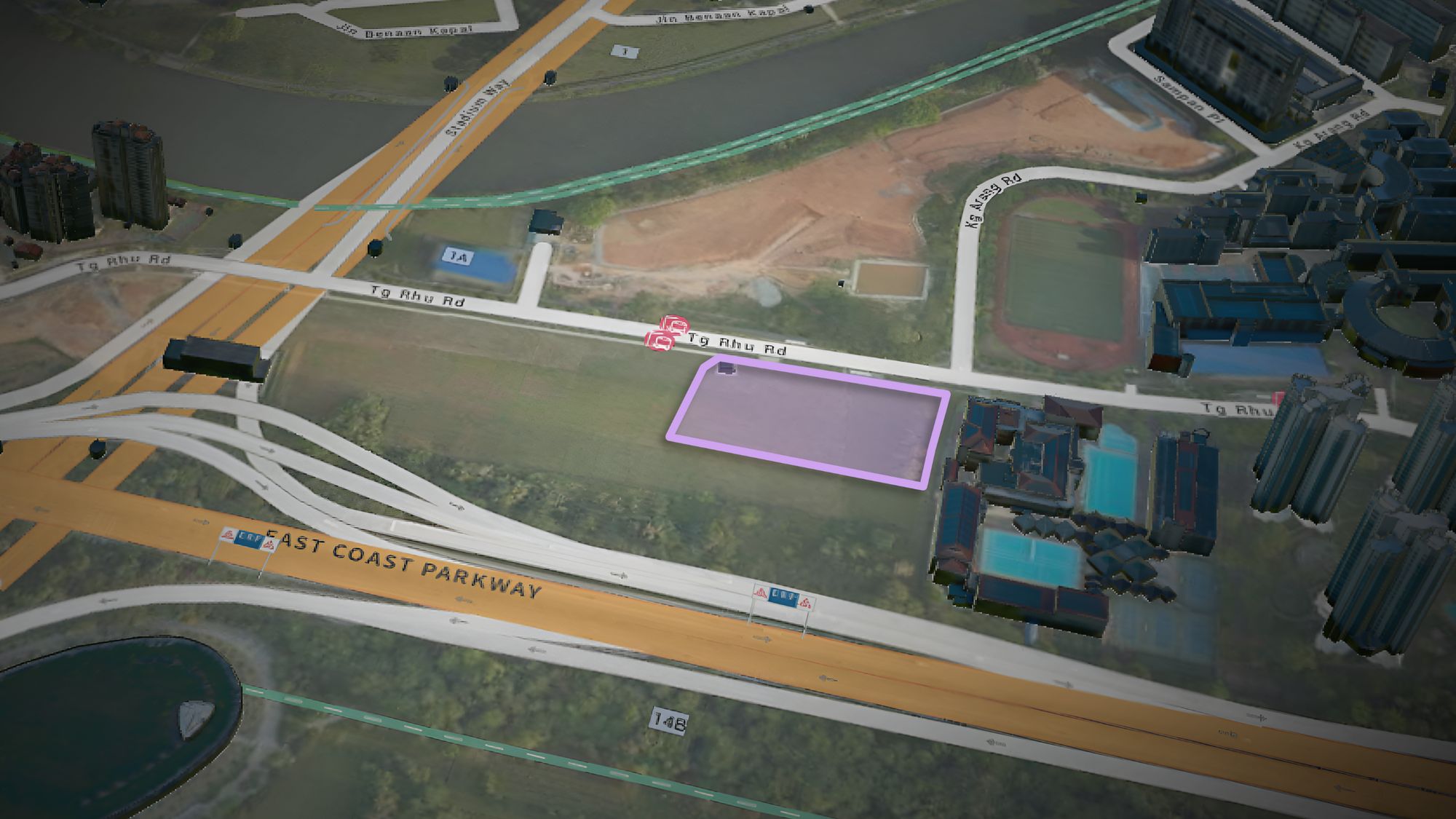
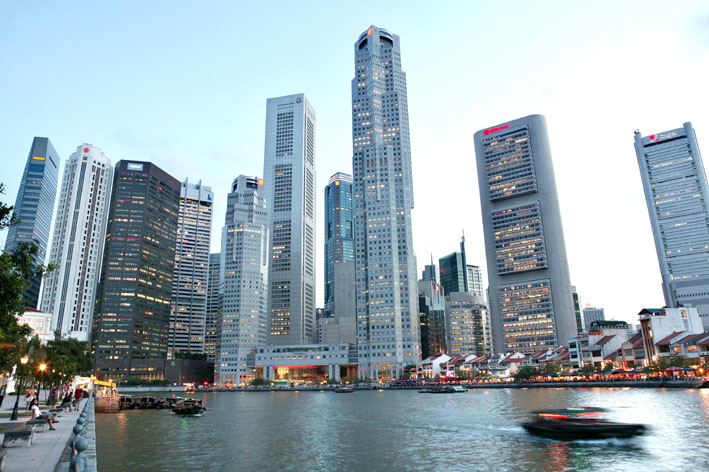
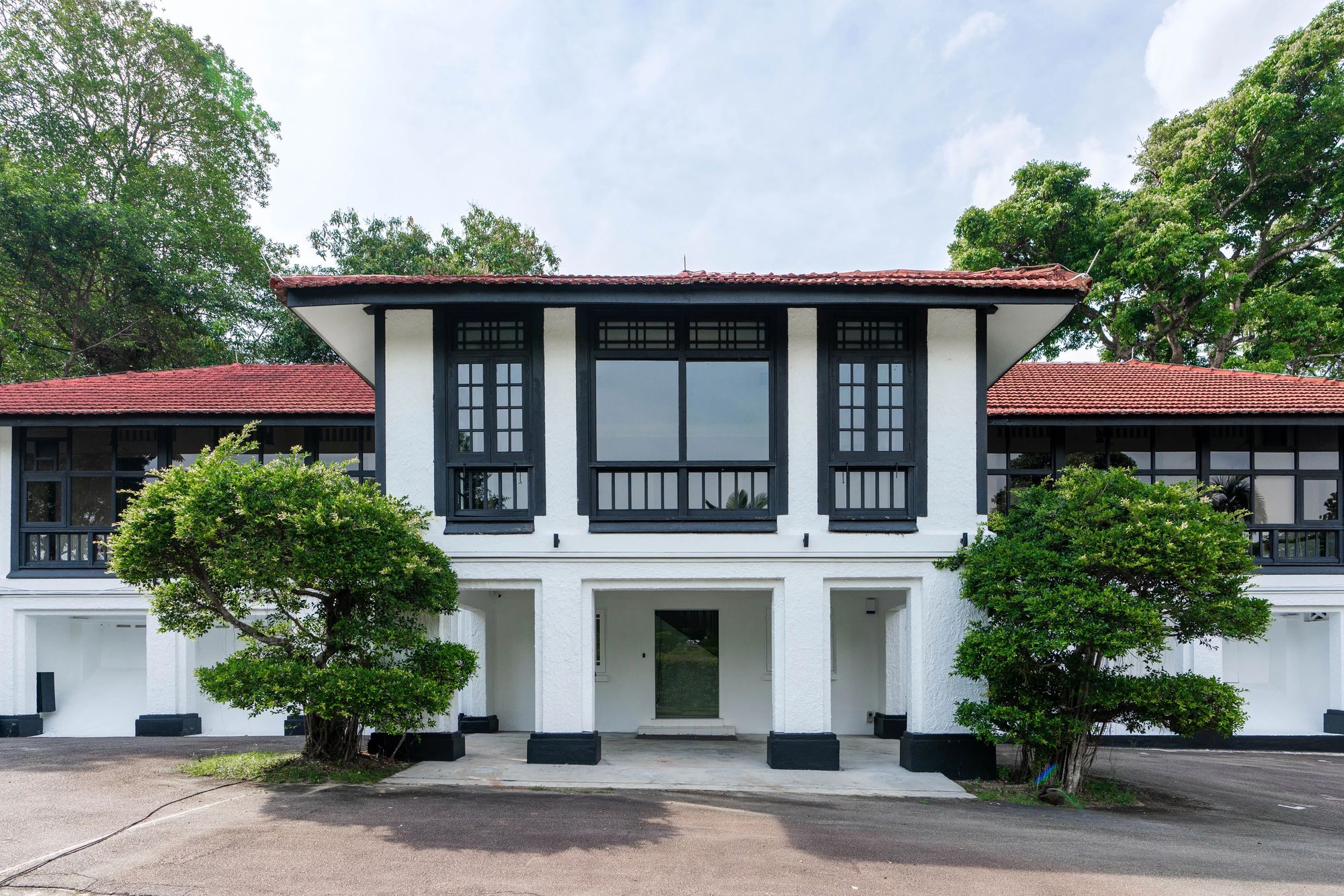



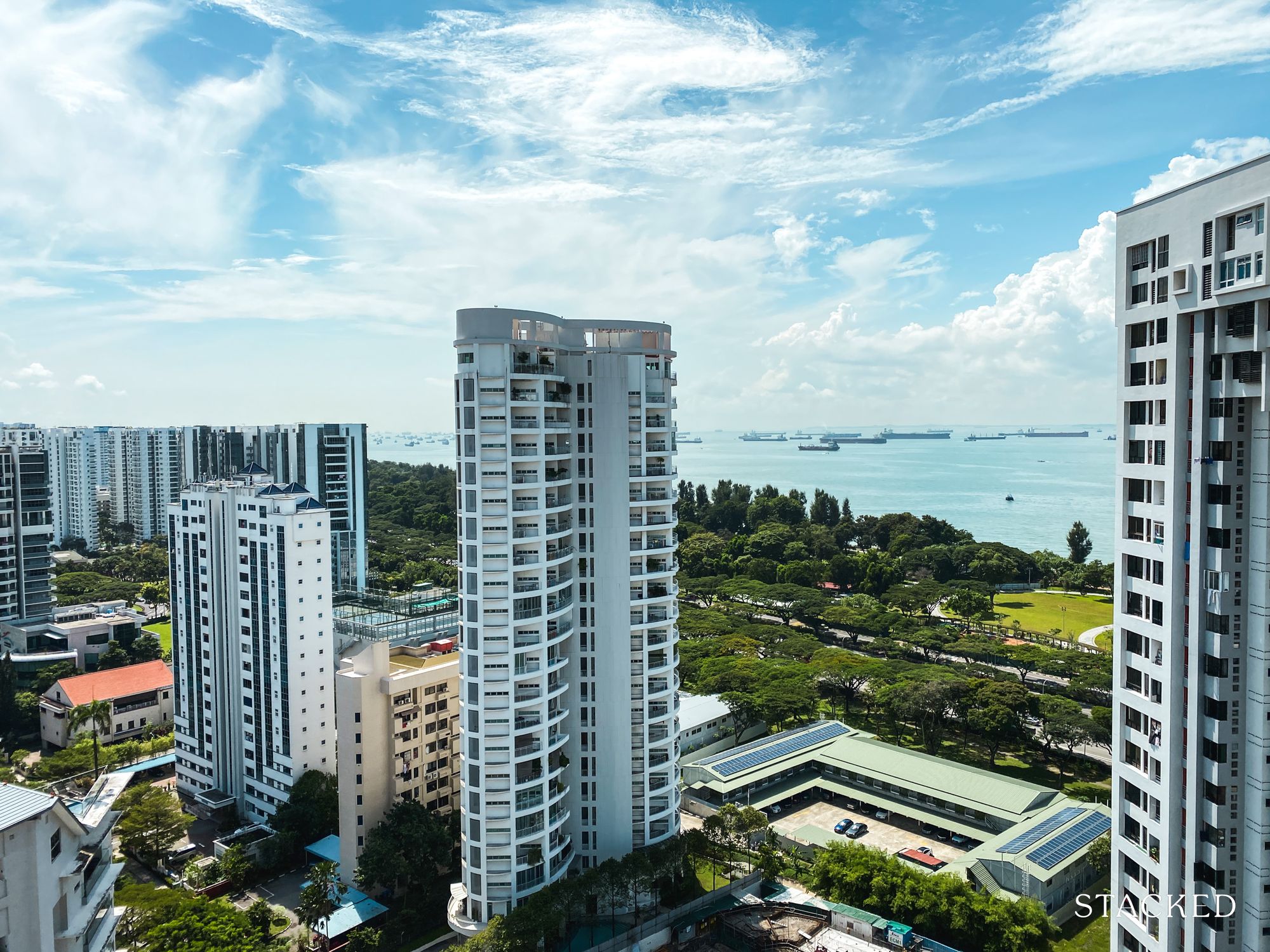









0 Comments